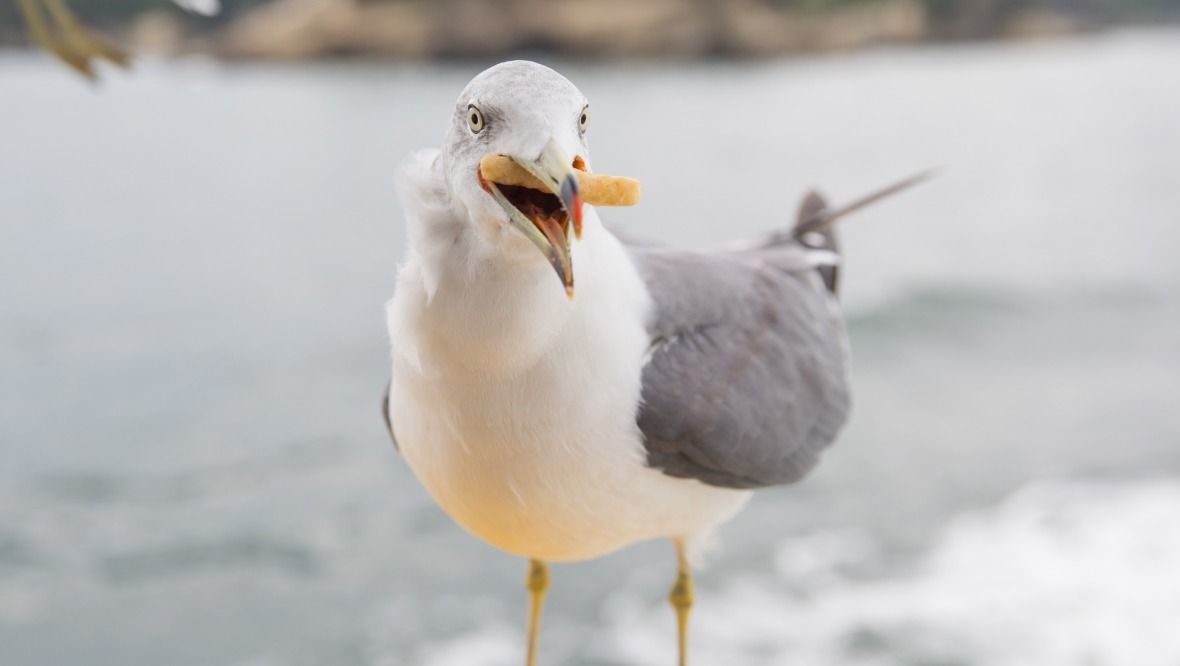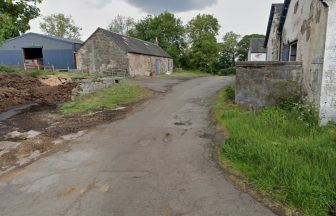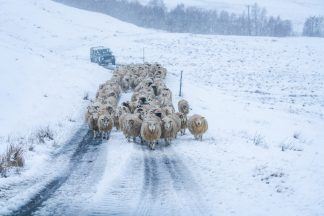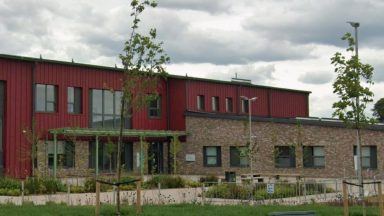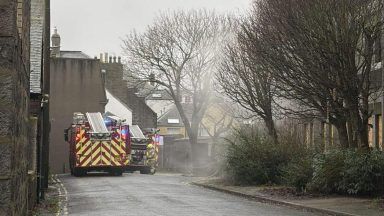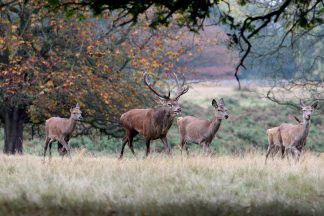The Scottish Government has been urged to intervene in the “extremely serious” issue of “menacing gulls” in Scotland amid warnings that someone could be killed.
Tory MSP Douglas Ross led a Holyrood debate about the “dangerous seagull menace” in the north of Scotland on Thursday, right before Parliament broke up for summer recess.
He warned that Scots risk losing their lives over the “growing problem” of “nuisance” gulls, and he called on the Scottish Government take urgent action.
“Some people do smirk when you say you’re going to be debating in Parliament about the issue of gulls, but this is an extremely serious issue,” Ross said.
Key Points
-
 Ministers said urban gull populations are rising as gull populations in natural habitats face serious declines.
Ministers said urban gull populations are rising as gull populations in natural habitats face serious declines. -
 As a result, NatureScot has placed greater emphasis on managing gulls without killing them or destroying their nests.
As a result, NatureScot has placed greater emphasis on managing gulls without killing them or destroying their nests. -
 The number of licence applications to destroy nests and eggs and kill chicks has reduced, from 2,633 in 2023 to 1,601 in 2024.
The number of licence applications to destroy nests and eggs and kill chicks has reduced, from 2,633 in 2023 to 1,601 in 2024. -
 NatureScot recognises that gulls can sometimes cause problems in towns and cities.
NatureScot recognises that gulls can sometimes cause problems in towns and cities. -
 MSPs told stories of gulls ‘dive-bombing’ residents outside their homes and leaving a girl in Eyemouth with ‘gashes to her scalp and blood running down her face’.
MSPs told stories of gulls ‘dive-bombing’ residents outside their homes and leaving a girl in Eyemouth with ‘gashes to her scalp and blood running down her face’. -
 In the longer term, NatureScot said people will ‘need to find ways to live with gulls and other wildlife’.
In the longer term, NatureScot said people will ‘need to find ways to live with gulls and other wildlife’.
He reiterated extreme examples of seagull attacks and aggression in coastal communities like Elgin, Nairn, Inverness, and more.
In Hopeman, Ross said a retired couple are afraid to leave their own home because they are “continually dive-bombed” by gulls every time they go down their street.
In another case, he said an elderly Moray woman fell outside her house as a result of a gull attack, broke her leg, went to hospital, came back out of hospital, and was attacked again.
Tory MSP Rachael Hamilton called for a nationwide summit to tackle the issue as she warned that Scots are being left “scared, attacked and traumatised”.
The Ettrick, Roxburgh and Berwickshire MSP said “aggressive” seagulls had attacked seven children in one month last year in Eyemouth, with one girl “left with gashes to her scalp and blood running down her face”.
Finlay Carson, Tory MSP for Galloway and West Dumfries, said in his own constituency, the local council is “spending upwards of £85,000 a year trying to manage gulls”.
“That money would be far better spent if the licensing system actually worked,” he said.
“When non-lethal methods fail, communities are left without any viable options. The result is growing frustration, rising costs, and a real risk to public safety.”
Agriculture minister Jim Fairlie reiterated that he’s already promised to hold a seagull summit in Inverness, where MSPs will examine all the issues raised to try to solve the problem.
“This is something we have to deal with,” Fairlie said.
“We have a joint responsibility to figure out how we are creating environments for these birds to thrive in our communities and manage that going forward.
“The figures I’ve seen show large increases in the numbers of urban gulls, but absolute crashing numbers in their natural environment. We’ve got to stop feeding them, stop creating nesting spaces, and find ways to displace them to go back to their natural habitat.”
Labour MSP Rhoda Grant (Highlands and Islands) also emphasised a need for balance.
“I think we need to be clear, the birds are not acting maliciously,” Grant said.
“They are looking for food and trying to protect their young.
“It may be the case that [gull populations are in decline] in their normal habitat, but it doesn’t feel like that’s the case in urban areas where the danger they cause to the public is increasing.”
SNP MSP Christine Grahame (Midlothian South, Tweeddale and Lauderdale) also defended the “clever and adaptable gull”.
Grahame said words like “mugging and menace” are “not appropriate to demonise an animal simply looking for food”.
A NatureScot spokesperson said: “We understand gulls can sometimes cause problems in our towns and cities.
“At the same time, gull populations are facing serious declines. NatureScot has a duty to balance health and safety concerns with gull conservation.
“Over the last five years we have supported many individuals, businesses and communities to better manage gulls without the need to kill the birds or destroy their nests.
“As a result, the number of licence applications to destroy nests and eggs and kill chicks has reduced, from 2,633 in 2023 to 1,601 in 2024.”
The spokesperson said in the longer term, Scots will “need to find ways to live with gulls and other wildlife”.
They added: “We will continue to work with local authorities to ensure that collaborative gull management plans are put in place for future years, with a focus on effective preventative measures, deterrents, changes to behaviour and guidance.”
Follow STV News on WhatsApp
Scan the QR code on your mobile device for all the latest news from around the country


